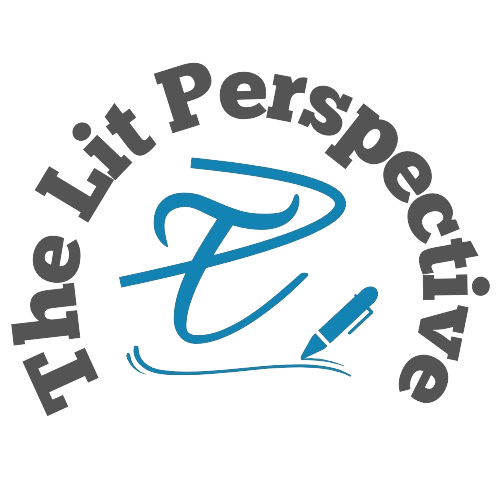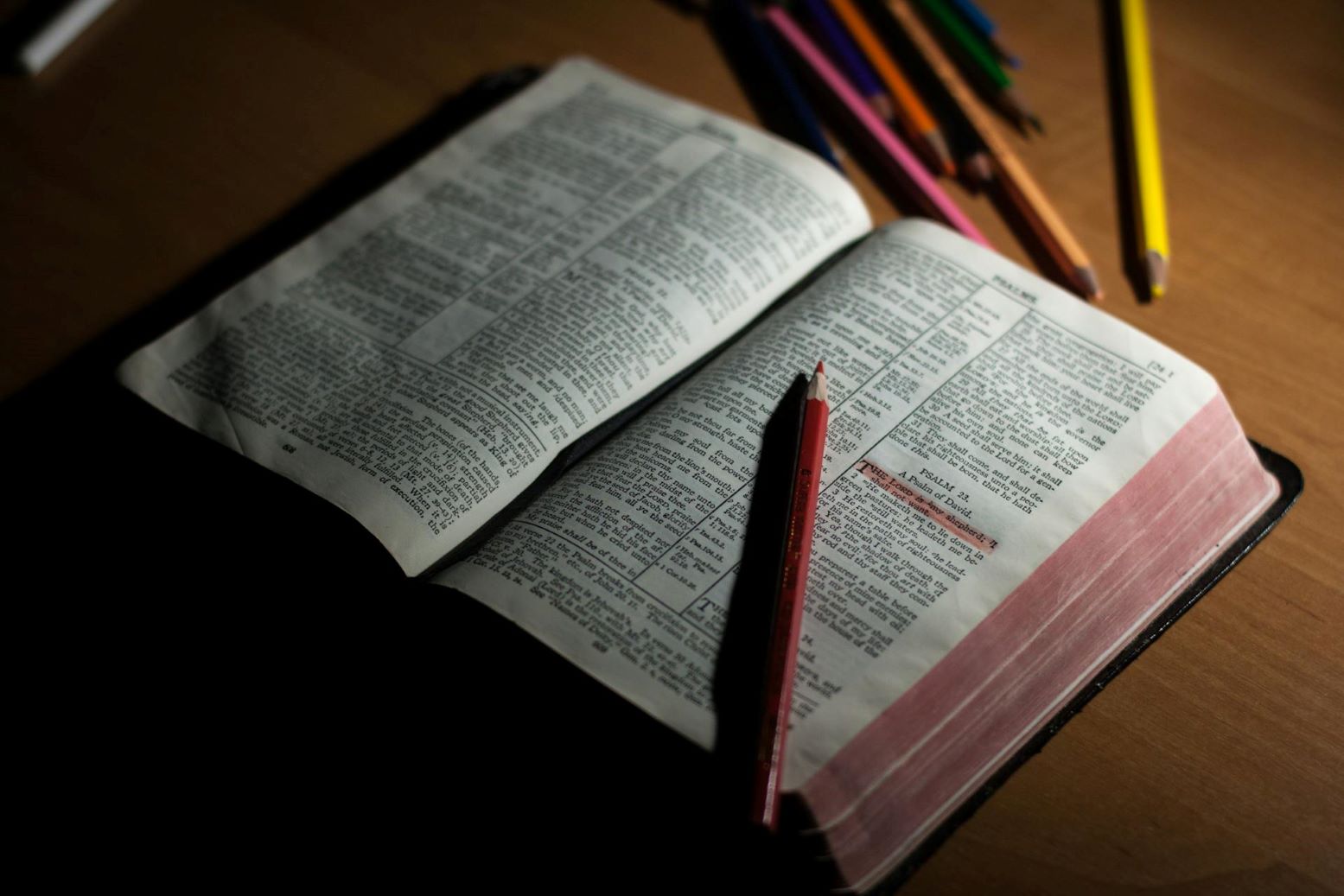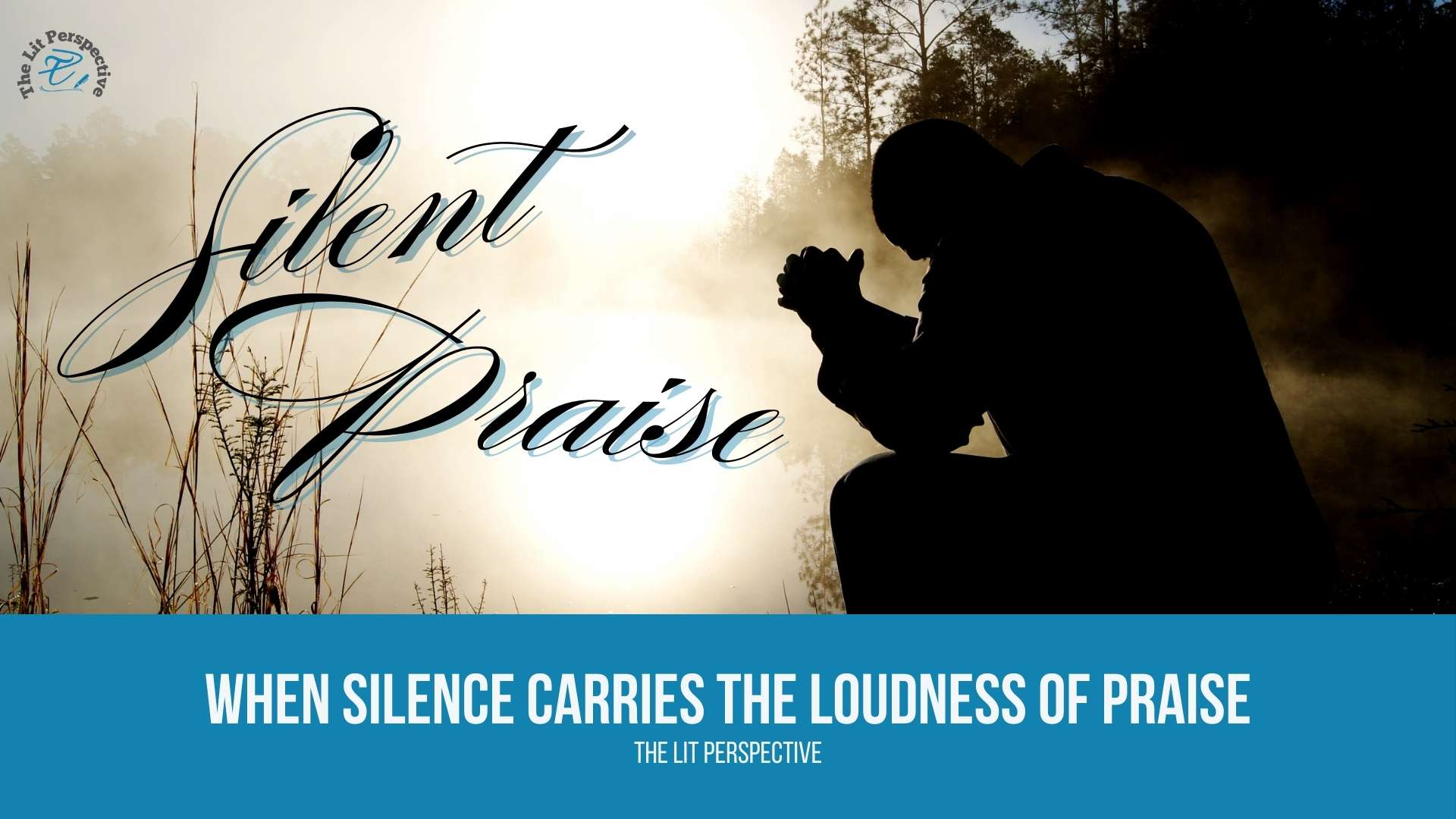TheLitPerspective is your one-stop shop for everything that ignites the spark of curiosity within you.
Why Stay Away from the Book of Enoch
What is the Book of Enoch?
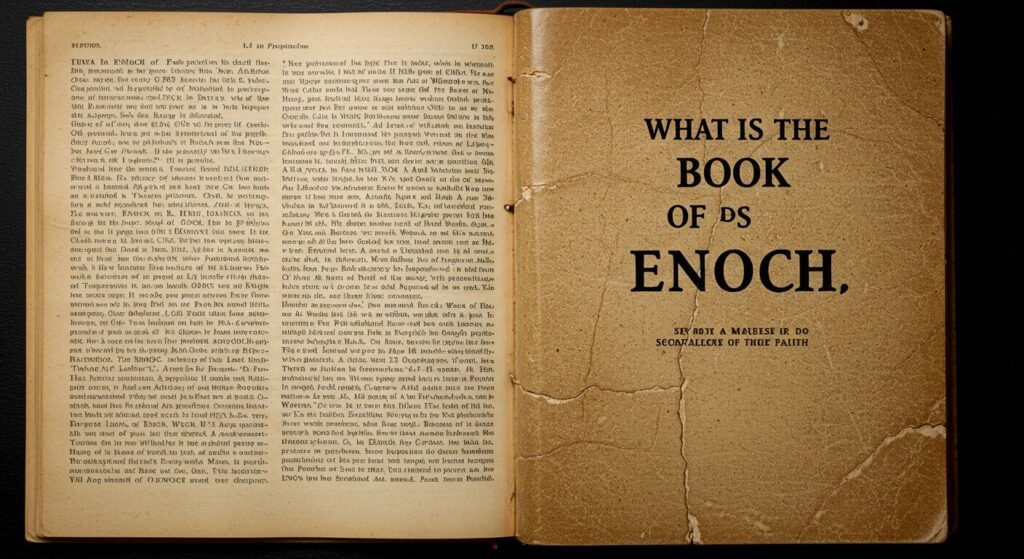
The Book of Enoch is an ancient Jewish text attributed to Enoch, the great-grandfather of Noah. It’s a fascinating piece of literature filled with visions of heaven, angels, and end-times prophecies. But just because something is fascinating doesn’t mean it’s trustworthy or beneficial for your faith.
Read also: Christian Prophecy Books for Personal Growth and Insights
Brief History and Discovery
Fragments of the Book of Enoch were discovered in the Dead Sea Scrolls, making it one of the oldest known Jewish religious works outside the Bible. It was popular among certain Jewish groups and early Christians but eventually fell out of favor. It’s primarily preserved today in the Ethiopian Orthodox Church canon but rejected by most Christian traditions.
Why Some People Are Drawn to the Book of Enoch
Mysterious Content
There’s no doubt: the Book of Enoch is full of intrigue—giants (Nephilim), fallen angels, heavenly visions—it reads like a divine adventure novel. For seekers of hidden knowledge, it can feel like unlocking a secret treasure chest.
Its Connection to Biblical Figures
Since Enoch is mentioned in Genesis as someone who “walked with God” and was taken directly to heaven, some believe his writings must carry special divine authority. But that’s a huge assumption with serious risks.
Read also: Finding God at Rock Bottom: Suffering to Transformation
Reasons to Approach the Book of Enoch with Caution
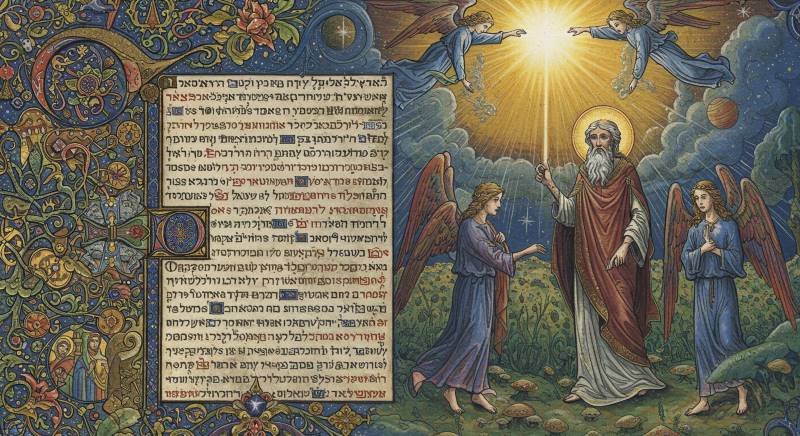
It’s Not Included in the Canonical Bible
This is the first red flag. The Bible as we know it went through rigorous processes to determine what was truly God-inspired. The Book of Enoch didn’t make the cut for good reasons—primarily questions about its authenticity and doctrinal consistency.
Questions About Authenticity
Scholars believe multiple authors wrote the Book of Enoch over centuries. That’s a big issue. If it’s a patchwork of different thoughts rather than a coherent, God-breathed text, how can we trust it?
Theological Contradictions
Some of Enoch’s descriptions of angels, heaven, and judgment don’t line up with the Bible. When a book says things that flat-out contradict Scripture, it’s a danger to your understanding of God’s truth.
Read also: God Is Always at Work Even When People Are at Rest
The Problem of Doctrinal Errors
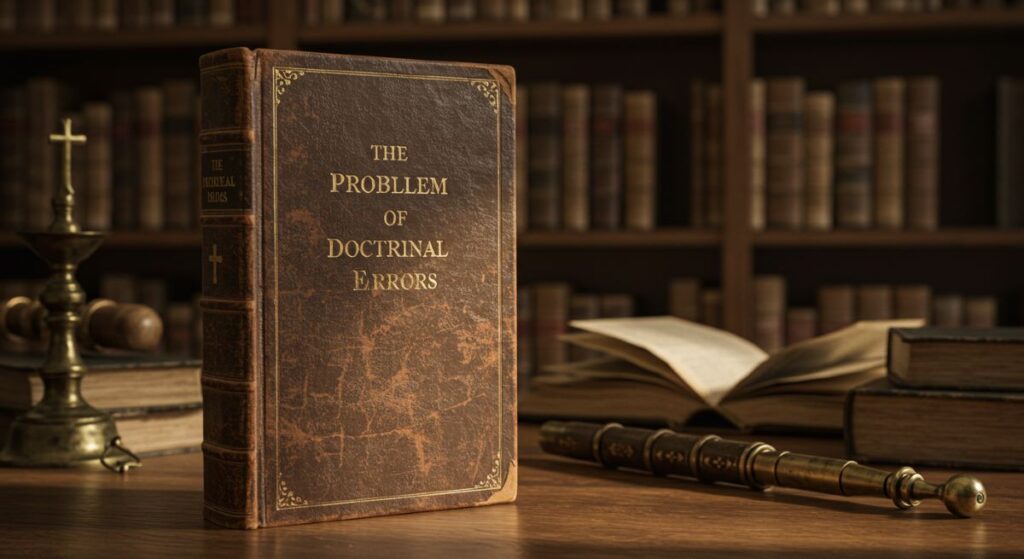
Conflicting Accounts of Angels and Demons
In the Book of Enoch, fallen angels teach humans forbidden knowledge. While similar ideas appear briefly in Genesis 6, Enoch expands these concepts dramatically and inconsistently with biblical doctrine.
Problematic Prophecies
The Book of Enoch predicts certain events that didn’t happen or contradict what biblical prophecy says. And let’s be real—if a prophecy doesn’t come true, that’s a massive problem according to the Bible itself (Deuteronomy 18:22).
Read also: What God Wants From People
How the Early Church Viewed the Book of Enoch
Church Fathers’ Opinions
Some early church leaders like Tertullian found the Book of Enoch interesting but didn’t consider it Scripture. Others, like Jerome and Augustine, outright rejected it.
Councils and Canon Formation
During councils like those at Carthage and Hippo, early Christians formally recognized the books that make up today’s Bible. Enoch was left out. That’s not a mistake; it was a decision rooted in careful discernment.
Read also: How Jesus Christ Makes Us Better
Misinterpretations and Modern Dangers
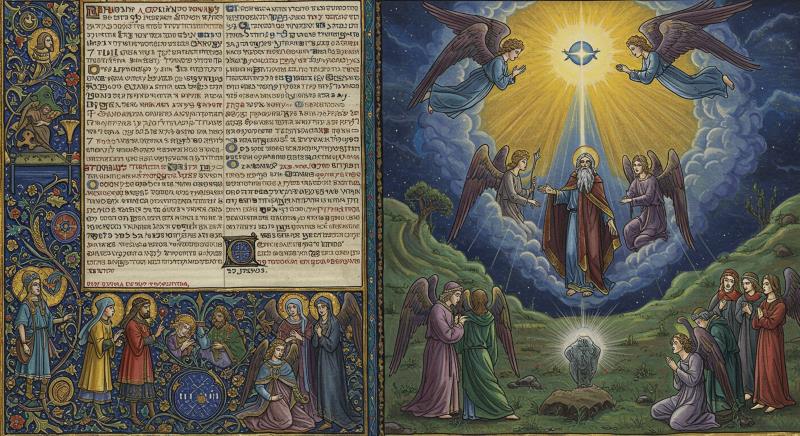
Fuel for Conspiracy Theories
The Book of Enoch has become a playground for conspiracy theorists—those who think the Church is “hiding the truth” about aliens, ancient civilizations, or forbidden knowledge. This kind of thinking can pull you away from the simple truth of Christ.
Distortion of Christian Beliefs
Some cults and fringe movements use the Book of Enoch to justify bizarre and unbiblical doctrines. Getting tangled up in these is like walking into quicksand: hard to escape and spiritually deadly.
Read also: What Heaven Looks Like From the Bible
Spiritual Risks Involved
Confusion and Doubt
When you mix Scripture with texts like Enoch, it creates confusion. Suddenly, you’re questioning things that the Bible makes clear, and that’s a dangerous place to be spiritually.
Spiritual Deception
The enemy loves to use “almost-truths” to pull believers off course. The Book of Enoch is packed with half-truths—just enough to sound spiritual, but enough error to lead you astray.
Read also: Things to Know about Angels
Biblical Warnings Against Extra-Biblical Texts
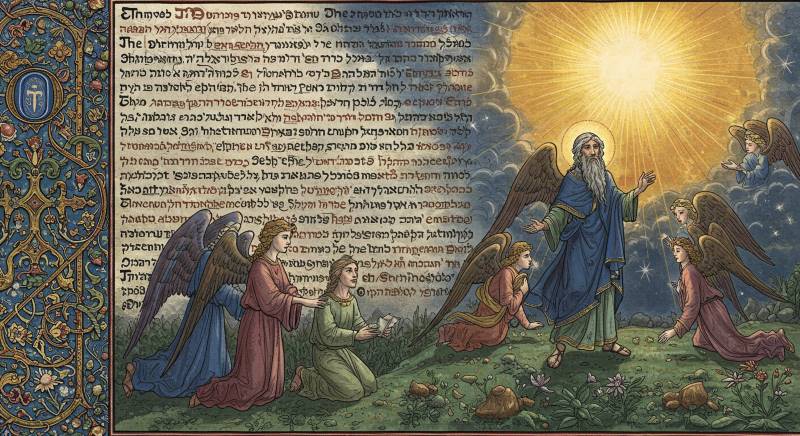
Scripture About Adding to God’s Word
Deuteronomy 4:2 warns, “Do not add to what I command you and do not subtract from it.” Likewise, Revelation 22:18-19 issues a stark warning about adding to the words of prophecy.
Warnings from Jesus and the Apostles
Jesus and His apostles constantly warned about false teachers and deceptive teachings. Even a little error, like yeast in dough, spreads and ruins the whole batch (Galatians 5:9).
The Importance of Trusting Canonical Scripture
Reliability of the Bible
The Bible has proven itself time and time again—historically, archaeologically, prophetically. It’s the rock you can build your life on.
Guided by the Holy Spirit
Jesus promised that the Holy Spirit would guide believers into all truth (John 16:13). If a text isn’t Spirit-led and Scripture-endorsed, it’s not something you should build your faith upon.
Read also: God is in the Heart
Wrap up
The Book of Enoch might seem intriguing, almost like a “lost secret” that could make your faith richer. But it’s a spiritual trap. Stick with the inspired, time-tested Word of God.
The Bible is more than enough. It’s the well that never runs dry, the map that never misguides. Don’t risk your spiritual health chasing after mysteries that lead only to confusion and deception. Stand firm, stay rooted, and let God’s Word be your guide.
Frequently Ask Questions
The Book of Enoch is indirectly referenced in the Book of Jude, but quoting a line doesn’t mean endorsing the whole work—just like quoting a proverb doesn’t endorse everything in a book.
Absolutely. Without strong biblical grounding, reading extra-biblical texts can introduce doubt, confusion, and false doctrine into your belief system.
It was rejected because of questions around its authorship, contradictions with Scripture, and theological inconsistencies.
Only the Ethiopian Orthodox Church officially includes it in their canon; the vast majority of Christian denominations reject it.
If you’re firmly grounded in Scripture and are reading it for historical or academic purposes with discernment, maybe. But for most people, it’s safer and wiser to stay away.
TheLitPerspective is your one-stop shop for everything that ignites the spark of curiosity within you.
